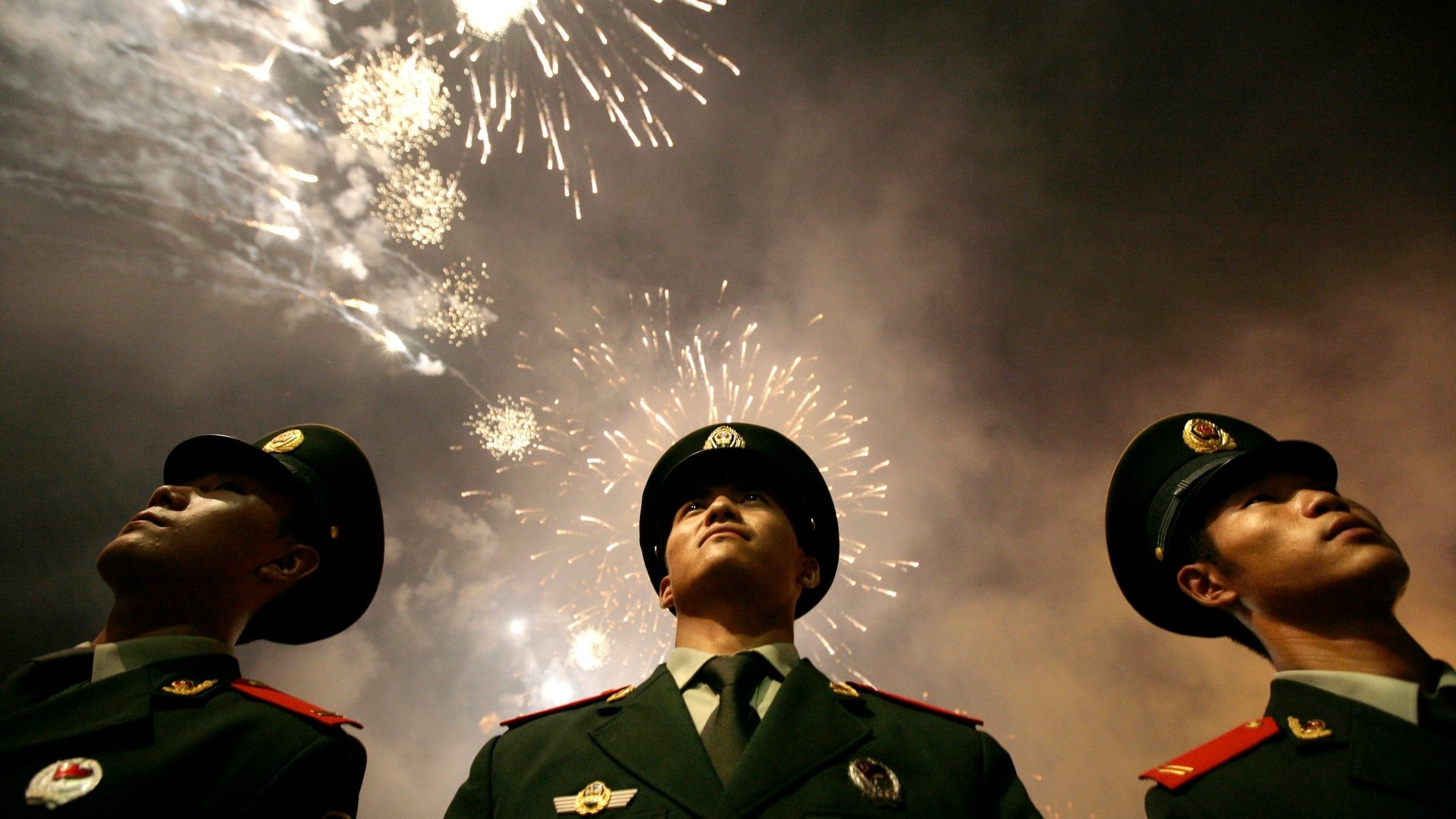BHP Billiton’s Asia corruption probe highlights the pressure on foreign firms in the region
Australia’s Fairfax Media reports today that BHP Billiton, the world’s largest miner, is under investigation by the US Department of Justice and Australia’s Federal Police over payments it may have made to officials in Asian countries including China, Cambodia and the Philippines.


Australia’s Fairfax Media reports today that BHP Billiton, the world’s largest miner, is under investigation by the US Department of Justice and Australia’s Federal Police over payments it may have made to officials in Asian countries including China, Cambodia and the Philippines.
The authorities are probing hospitality and gifts the Australian firm allegedly provided to Chinese government officials at the 2008 Beijing Olympics, according to Fairfax.
BHP confirmed in a statement that it was cooperating with “an investigation into possible violations of anti-corruption laws,” adding it believed its Olympics activities “complied with all applicable law.”
The case highlights how, to win business, contracts or licenses in China and other Asian countries, foreign corporations are often expected to provide gifts and hospitality to important bureaucrats. Paying foreign officials is illegal under America’s Foreign Corrupt Practices Act and Australian and British anti-bribery legislation, but that doesn’t stop Asian dignitaries asking for cash or favors.
In 2010, reports surfaced of comments by a Cambodian official that BHP had paid $2.5 million of what he called “tea money“ to secure some bauxite mining rights. BHP has not confirmed that claim, but it does admit in its latest sustainability report (pdf, p. 34) that it has been under investigation by America’s Securities and Exchange Commission since August 2009 and that it has since uncovered “possible violations of applicable anti-corruption laws involving interactions with government officials.”
The prevalence of graft in Cambodia’s mining sector is well known. Global Witness, an anti-corruption and human-rights NGO, reported in 2009 (pdf, p. 5) on how, in Cambodia, a small political elite had auctioned off resource exploration rights “in a manner that is non-transparent and highly dubious.”
Officials also regularly expect kickbacks for awarding projects in China, and staff working for foreign companies sometimes comply. Last July, American aircraft services company Nordam Group was fined $2 million by the Department of Justice for paying bribes to employees of Chinese state-owned airlines. And last August, drug giant Pfizer paid $60 million to the US government to settle charges that it bribed health officials to build its business in China, Russia and several countries in Europe.
And Cambodia and China are by no means the only Asian nations where such behavior is widespread. German insurer Allianz paid the SEC $12.3 million last December to settle claims it had bribed Indonesian government officials. Graft is such a problem in Indonesia that 90% of respondents to a 2010 survey (pdf p.6, table 2, in Indonesian) by the NGO Indonesia Procurement Watch said they felt they needed to bribe public servants to win contracts.